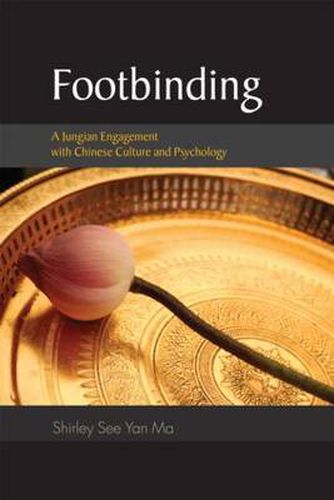Readings Newsletter
Become a Readings Member to make your shopping experience even easier.
Sign in or sign up for free!
You’re not far away from qualifying for FREE standard shipping within Australia
You’ve qualified for FREE standard shipping within Australia
The cart is loading…






In this book Shirley See Yan Ma provides a Jungian perspective on the Chinese tradition of footbinding and considers how it can be used as a metaphor for the suffering of women and the repression of the feminine, as well as a symbol for hope, creativity and spiritual transformation. Drawing on personal history, popular myths, literature, and work with clients, Footbinding discusses how modern women still symbolically find their feet bound through this ancient practice. Detailed case studies from Western and Asian women demonstrate how Jungian analysis can loosen these psychological bindings allowing the client to reconnect with the feminine archetype, discover their own identity and take control of their own destiny. This original book will be of great interest to Jungian analysts looking for a new perspective. It will also be of interest to anyone studying Chinese culture and psychology.
$9.00 standard shipping within Australia
FREE standard shipping within Australia for orders over $100.00
Express & International shipping calculated at checkout
In this book Shirley See Yan Ma provides a Jungian perspective on the Chinese tradition of footbinding and considers how it can be used as a metaphor for the suffering of women and the repression of the feminine, as well as a symbol for hope, creativity and spiritual transformation. Drawing on personal history, popular myths, literature, and work with clients, Footbinding discusses how modern women still symbolically find their feet bound through this ancient practice. Detailed case studies from Western and Asian women demonstrate how Jungian analysis can loosen these psychological bindings allowing the client to reconnect with the feminine archetype, discover their own identity and take control of their own destiny. This original book will be of great interest to Jungian analysts looking for a new perspective. It will also be of interest to anyone studying Chinese culture and psychology.